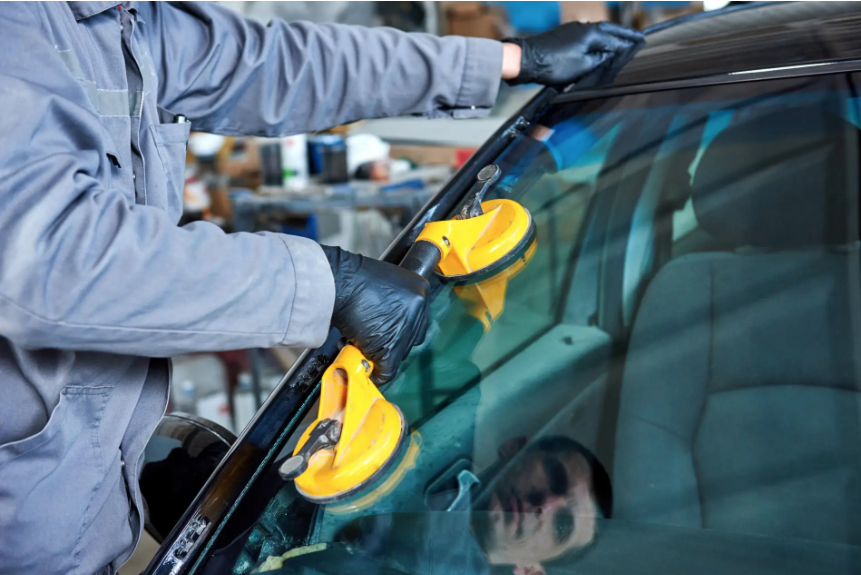The European Union has adopted a Repair Clause, allowing freedom of choice for visible automotive spare parts.
 The Council of the EU has voted in favour of the ‘Repairs Clause’ for visible must-match replacement parts, by adopting the European Commission proposals for a revision of the Design Directive and Design Regulation.
The Council of the EU has voted in favour of the ‘Repairs Clause’ for visible must-match replacement parts, by adopting the European Commission proposals for a revision of the Design Directive and Design Regulation.
After more than three decades, this vote puts an end to a non-harmonised situation of conflicting national legislations, by giving all European consumers the freedom to repair their vehicles with the spare parts of their choice, by avoiding deleterious visible spare parts monopolies.
Since its creation in 1993, ECAR (the European Campaign for the Freedom of the Automotive Parts and Repair Market),, has been advocating for the adoption of a European Repairs Clause which provides to all citizens a real, open and affordable ‘right to choose’.
Already existing in several Member States, the Repair Clause rightly gives vehicle manufacturers full protection over the design of their new vehicles, but it merely ensures that this protection is not extended to the corresponding visible spare parts (such as car body panels, headlamps and windscreens). This means that these parts may freely be produced, distributed and used for repair purposes in the aftermarket.
“We welcome the vote of the Council”, says Sylvia Gotzen, Chief Executive of FIGIEFA. “In a truly circular economy, consumers should always be allowed to select the spare parts of their choice when repairing their products, regardless of the original brand or supplier. This reform will ensure that intellectual protection laws can no longer be misused in the aftermarket to impose unfair and unjustified monopolies on visible repair spare parts through an undue extension of design rights, which are legitimate on primary products, but lead to monopolies in the aftermarket where no design alternatives exist for vehicle-body-related spare (must-match) spare parts”.
This historic agreement follows more than three decades of political discussions, expert reviews and debates in Brussels, Strasbourg and in the national capitals, with support from consumer associations, independent automotive aftermarket operators and insurers. It is a major step forward towards a socially fair and circular economy, as allowing consumers to choose among competing suppliers of repair spare parts will increase their purchasing power and facilitate product repairs in all sectors.
What does the final solution provide?
The EU Repairs Clause will apply on all new products as from 2024. But due to diverging positions among the EU Member States, the negotiators had to strike a compromise on the timelines.
For eight years following the entry into force of the Directive, design protection on visible repair spare parts will still be allowed in Member States that had not yet liberalised their national markets when the law was adopted, for existing products with registered designs before the date of entry into force of the Directive. This means that some of the already existing products will not benefit from the Repairs Clause in some countries until 2032.
There was also the question raised in the course of the debates how rigidly independent spare parts manufacturers and their distribution partners along the supply chain must prove that a must-match spare part is ultimately used for repair purposes – a requirement which is impracticable in practice and threatened independent operators into serious legal uncertainty.
Here and most importantly, the negotiators agreed on a “presumption of repair purposes’ for independent spare part manufacturers or sellers, which was required to ensure legal certainty and business predictability in European repair markets.
Independent spare part manufacturers or sellers will be exempted from guaranteeing that their products “are used for the sole purpose of a reparation”, thus protecting them against unnecessary and costly litigations with design right holders. They must however inform consumers about the commercial origin of the product and the identity of the manufacturer through a clear and visible indication, so that they can make informed decisions.
The EU Repair Clause will bring significant social and economic benefits. Once fully applied, experts predict that European consumers in the automotive sector will save between €450 million and €720 million annually thanks to increased competition, thus improving purchasing power and countering inflation.
It will stimulate job creation and entrepreneurship in the European automotive aftermarket that counts for more than 500,000 SMEs and 4.5 million jobs.


